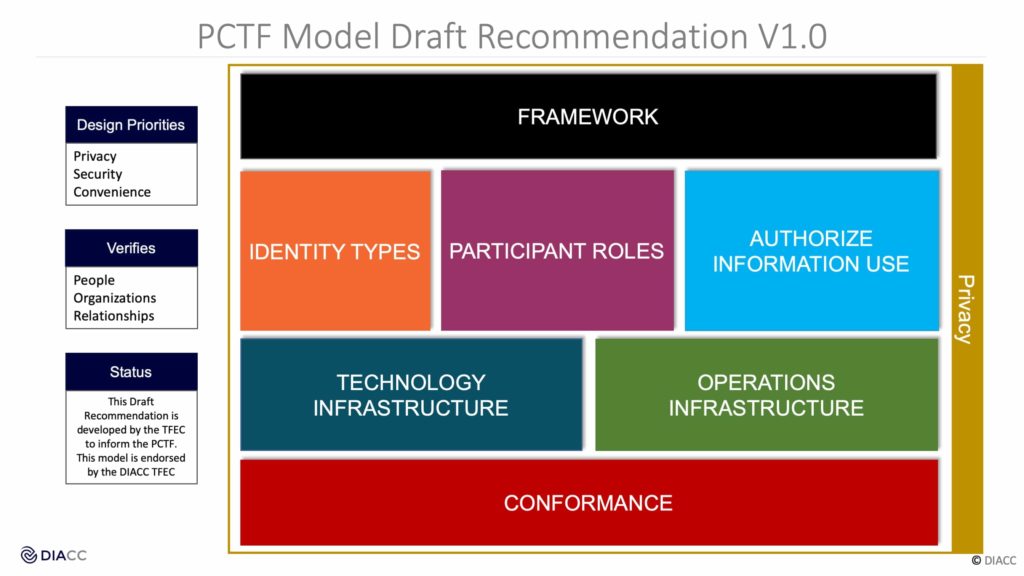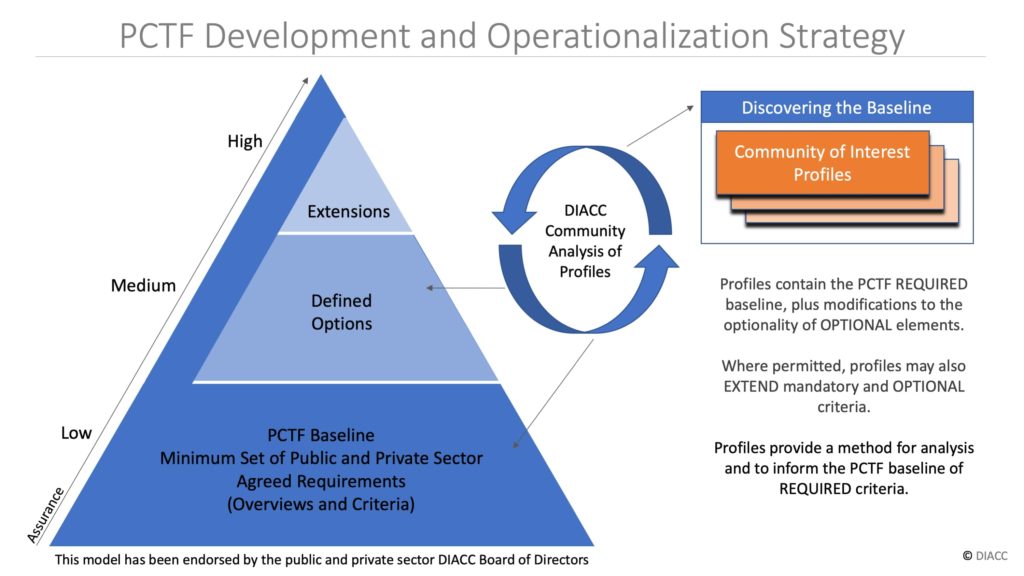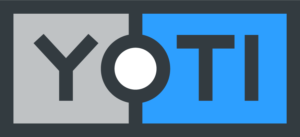In today’s digital-first society, conversations concerning our digital economy have never been more important. At the Digital ID and Authentication Council of Canada (DIACC), a non-profit coalition of public and private sector leaders, we know that digital identity is vital to the growth and efficiency of the digital economy, touching almost all aspects of digital life.
A secure, interoperable digital identity offers more security and more opportunities for Canadians and Canadian organizations to participate economically and socially with a high degree of confidence. This is why Canada’s new Digital Charter, unveiled on Tuesday May 21st, is monumental, will help position Canada as a leader in the global digital economy.
The Digital Charter is intended to protect Canadians’ privacy and establish requirements and regulations for how organizations can use personal data. Rooted in a foundation of trust, the Digital Charter will set a baseline for how companies, citizens and governments interact and transact online.
“We applaud the new Digital Charter. The renewed commitment to updating privacy policies will ensure transparency in every aspect of digital life, from social media to healthcare and digital ID,” said Joni Brennan, President of the DIACC. “For DIACC, an organization whose key values and principles include transparency in governance and operation, as well as providing Canadians with choice, control, and convenience, this is a tremendous step in the right direction.”
Trust is at the center of the Charter, which emphasizes Canadians’ control over their personal information through ten key principles. Similar to the DIACC’s mission to unlock social and economic opportunities for Canada, while reducing costs and enhancing service delivery, the Charter aims to support all Canadians as they navigate a world where the divide between online and offline is increasingly blurred and the consequences of poor data management are serious.
“No single group can solve the identity challenge alone – so creating an ecosystem of collaborative partners is necessary to enable the secure digital identities needed for Canadians and our businesses today. “
– Joni Brennan, President of the DIACC
Notable principles in the Charter include open and modern digital government, keeping digital platforms safe from hate and violent extremism, and universal access for all. These principles underpin the work DIACC is leading in developing the Pan-Canadian Trust Framework (PCTF). The PCTF will enable Canada to securely participate in the global digital economy, while supporting economic innovation, service delivery, and the principles of an open government. The framework is being developed using a collaborative approach that takes into account the different perspectives of public sector and private sector stakeholders, as well as international experts, liaisons and the general public.
Building on the ten principles, the Charter sets out ambitious actions to enable and support Canadian innovation and leadership in the global digital economy. These include a National Cyber Security Strategy and modernizing Canada’s Personal Information Protection and Electronic Documents Act (PIPEDA) – which has not been substantially updated since the early 2000s.
“These principles lay down the foundation that will allow us to build an innovative, people-centred and inclusive digital and data economy [founded] on trust,” outlined the National Innovation Minister Navdeep Bains, in a video posted on the government’s website.
The Charter is informed by insights gleaned from the government’s National Digital and Data Consultations. Canadians want more transparency in how their data is being collected and how it is being used, and recent data breaches have raised questions and public concern around this.
“No single group can solve the identity challenge alone – so creating an ecosystem of collaborative partners is necessary to enable the secure digital identities needed for Canadians and our businesses today. We recommend re-examining our policies on an annual basis,” said Joni Brennan. “As our connectivity grows and we seek to lead in the information age, our privacy and cybersecurity tools need to evolve just as much as our policies do.”
Keeping a pulse on industry trends, emerging threats, and new approaches in digital identity and across the digital economy is no small task. To stay ahead of the curve and protect Canadians’ best interests, the DIACC takes a unique approach, bringing together leaders from the public and private sectors and across Canada. Creating the conditions where otherwise competing or siloed organizations can work together as one team, the DIACC is committed to enabling Canada’s full and secure participation in the global digital economy. Members share resources and collaborate to develop industry standards, research, and proofs of concepts.
In today’s digital-first society, the Digital Charter and DIACC are Canada’s response as part of a wider, global movement to modernize outdated laws and prepare the country to adapt and thrive in a changing economic landscape. The government has laid the foundation, now it is time to continue the conversation. Learn more about becoming a DIACC member, participating in shaping Canada’s digital economy, and solving the real-world challenges of today.





